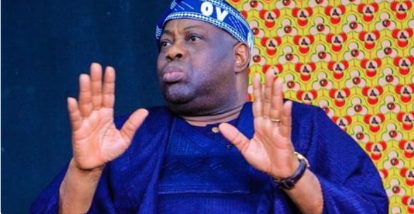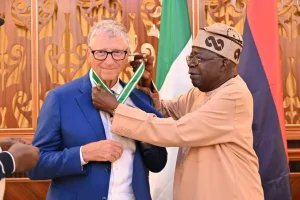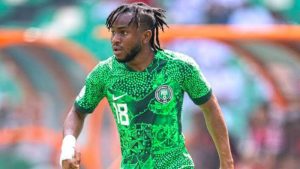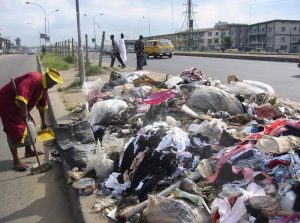
Veteran journalist and PDP chieftain Dele Momodu has declared that Nigeria’s opposition must present a strong northern presidential candidate to unseat President Bola Tinubu in the 2027 elections. The former presidential aspirant made this assertion during an appearance on Arise TV on Wednesday, analyzing the nation’s political landscape.
Momodu argued that perceived northern marginalization under Tinubu’s administration has created discontent that opposition parties could leverage. “The North feels sidelined, and this voter sentiment must be strategically harnessed,” he stated, emphasizing that no southern challenger could realistically defeat the incumbent.
The Ovation Magazine publisher highlighted the numerical advantage of northern voters, noting: “Any serious opposition coalition must recognize power dynamics. Fielding another southerner against Tinubu would be political naivety.” He suggested mobilizing influential northern figures like Senator Rabiu Kwankwaso to strengthen the opposition’s chances.
Addressing internal PDP crises, Momodu warned of the party’s possible extinction if it fails to reform. “We’re witnessing a dangerous split – half pursuing coalitions while others cling to the PDP. If the party resists change, its collapse might become inevitable,” he cautioned, drawing parallels with defunct parties like UPN and NPN.
The media mogul dismissed speculation about Atiku Abubakar joining APC as “implausible,” while criticizing the ruling party’s internal disarray. “APC lacks the discipline to address Nigeria’s critical challenges,” Momodu asserted, though he acknowledged the opposition’s current disorganization.
His comments come amid intensifying political realignments, with recent high-profile defections from PDP to APC. Political analysts suggest Momodu’s intervention reflects growing calculations about 2027 electoral strategies, particularly regarding the north’s decisive voting bloc.
The PDP has yet to officially respond to Momodu’s remarks, which have sparked debates about regional power balancing in Nigeria’s presidential politics. With three years until the next election, opposition forces appear to be testing various coalition frameworks to challenge the ruling party’s dominance.







